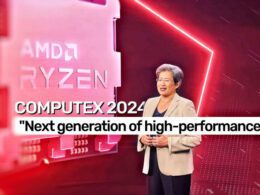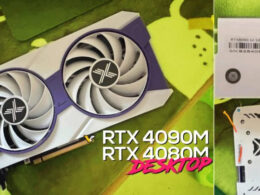By 2027, the Japanese company Rapidus aims to establish domestic chip production using 2-nanometer technology. Details of its packaging operations had been sparse until recently. Currently, Rapidus’ plans involve conducting testing and packaging chips at its first plant, which will also process silicon wafers using 2-nanometer technology.
Rapidus’ partners in the advanced lithography development will be American IBM, Belgian Imec and French research institute Leti. After investing roughly $32 billion in constructing its first factory, Rapidus plans on also offering chip packaging services. Outsourced clients who will have their chips manufactured at the same plant can therefore obtain the finished product at a single location, removing the wait time for production stages often carried out across different continents.
As quoted by AnandTech, the head of Rapidus’ American branch, Henri Richard, hailed the company’s leader Atsuyoshi Koike as a unique individual who merged Japanese attention to detail and quality with American flexibility and speed of decision-making. According to Richard, the market capacity for producing chips using 2-nanometer and more advanced processes will hit $150 billion. There will be a spot for a small independent manufacturer like Rapidus, even amidst TSMC’s dominance and the high activity of Samsung and Intel.
While Intel primarily uses High-NA EUV equipment in exploring similar flare scale processes, TSMC is taking a more measured approach in implementing ASML’s corresponding lithographic scanners, which cost roughly twice as much as current generation devices. Based on the economics, Rapidus also plans to refrain from using High-NA EUV in 2-nm production. However, as Richard stated, the company’s stance may change when it comes to 1.4-nm processes.
Richard further noted that by building its first plant from scratch, Rapidus has the opportunity to immediately make provisions for chip-testing and packaging lines. In terms of simplifying logistics, this significantly accelerates the chip production process. Rapidus believes this could attract young, smaller developers requiring advanced production technologies, but who are also unwilling to wait their turn for services from the likes of TSMC.





